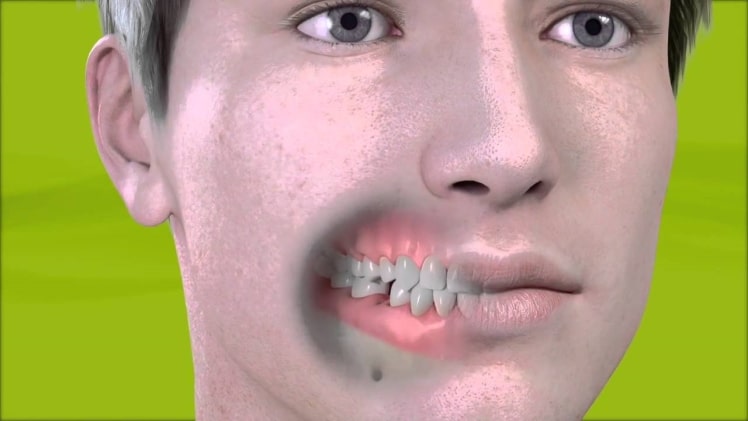People who lose their teeth may experience jaw bone loss if they do not replace them. Whether you lose your teeth from trauma, gum disease, or extraction, it is essential that you replace them. You can get different kinds of procedures to replace missing teeth, including dental implants and dentures. A Campbell tooth replacement specialist will work closely with you to determine what treatment works best for your specific case. But what are the reasons for experiencing jaw bone loss as well as deterioration?
Tooth Extractions
After removing an adult tooth, jaw bone deterioration can occur if you do not get it replaced. Your natural teeth are attached to the jawbone via sockets, and they help stimulate the jaw through chewing and biting. If the teeth are missing, the part of the jaw that anchors the teeth in your mouth, also referred to as the alveolar bone, no longer gets the necessary stimulation. As a result, it starts to break down or resorb. Although the rate and amount of bone loss varies from one individual to another, the most loss happens within the first 18 months after extraction or loss of tooth and continues slowly throughout your life.
Gum Disease
Periodontal disease is an ongoing infection of your gums that slowly destroys the support of the natural teeth. It affects periodontal tissues such as the alveolar bone, cementum, periodontal ligament, or gingiva. Gum disease starts with gingivitis, the less severe form of this disease, and advances to periodontitis, the advanced form. Not all cases of gingivitis progress into periodontitis; however, the former always precedes the latter. Dental plaque is the leading cause of gingivitis. Dental plaque is the sticky, colorless biofilm comprising mainly bacteria and food particles that adhere to the teeth surfaces at and below your gum line.
Dentures or Bridgework
Dentures that are not attached to the jawbone do not provide direct stimulation to the alveolar bone. The lack of stimulation contributes to the deterioration of the bone. Unanchored dentures rely on the bone to secure them in place. Therefore, people often have loose dentures and issues with speaking and eating. Bone loss may worsen to a point where the dentures cannot be held in place. As a result, you may require a new set of dentures. Proper denture care and repair, as well as refitting, are essential to help maintain oral health. Dentures supported by implants or anchors help provide stimulation to the bone, helping preserve it.
When it comes to bridgework, the teeth on both sides of the oral appliance offer adequate stimulation to the alveolar bone; however, the part of the bridge spanning the gaps where the tooth is missing does not get direct stimulation. As such, bone loss occurs in that area. An implant specialist will perform a bone graft procedure if you have an insufficient jawbone to ensure the implants hold in place firmly and securely. Bone grafting helps preserve the bone and stimulate bone growth, hence increasing the volume and density of the bone.

